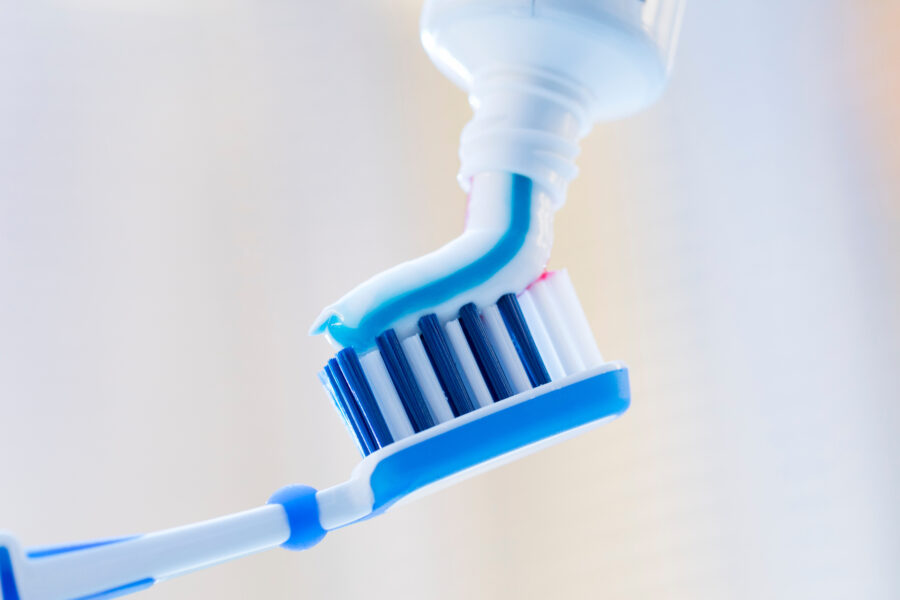
View the Top Oral Hygiene Tips for 2025
The condition of your teeth and gums now and in the future heavily depends on your oral hygiene habits. While you probably already know how important it is to brush and floss daily, you may have overlooked some tips.
Let’s review some interesting oral care tips you might not have known to ensure healthy teeth, mouth, and a beautiful smile in 2025 and beyond.
Don’t Brush Too Hard
Some people believe that the harder they brush, the cleaner their teeth will be. Unfortunately, aggressive brushing can have negative repercussions on your oral health. Brushing too hard can contribute to enamel abrasion, gum recession, and damage to the tooth structure. Remember to brush gently with a soft-bristled toothbrush in small, circular motions across the surface of the teeth to remove food particles and plaque effectively.
Choose the Right Brush
Walk down any drugstore or supermarket’s oral hygiene aisle and find dozens of options. While all toothbrushes are designed with the same goal, some are more effective than others in removing food and plaque. A soft-bristled brush with a small to medium head is recommended for most. Manual and electric systems have their benefits and drawbacks. One study found that powered toothbrushes were as effective at removing plaque as manual brushes. Still, neither were as effective as ionic brushes, which repel plaque by releasing positively charged ions.
Replace Your Oral Toothbrush Often
Replacing your toothbrush approximately every three months isn’t just to keep bacteria at bay. You put more wear and tear on the bristles each time you brush. Over time, these bristles can bend and fray, making them less efficient. In addition, food particles can collect on the brush, even with daily rinsing. Start the new year with a fresh toothbrush and remember to replace it regularly.
Don’t Forget to Floss
Pushing yourself to floss can sometimes be challenging, but this simple step in your oral health ritual is more important than you think. Brushing your teeth doesn’t permanently eliminate the food debris and plaque that can linger between teeth. If left behind, plaque can harden into tartar, contributing to tooth decay and gum disease. Flossing takes just a few minutes and can make a significant difference in the health of your smile.
Take In Adequate Fluoride
Most people don’t think about how much fluoride they take in daily. This essential mineral helps remineralize tooth enamel to keep the teeth strong and decay-free. Today, it can be found in several forms. It’s often in oral health products, such as toothpaste and mouth rinses. It may even be in the water you drink, especially if you drink from the tap.
Regularly Brush Your Tongue
Your oral health is comprised of many elements, including your tongue health. Look in the mirror and stick out your tongue. If you see discoloration or a change in appearance, it could mean you have a build-up of bacteria or another health issue. For example, white patches on your tongue could indicate a yeast infection of the mouth. Striped or webbing on the tongue may mean a higher risk of oral cancer. Regularly brushing your tongue and undergoing oral checkups can help you maintain your tongue health and overall wellness.
Avoid Brushing After Meals
Brushing directly after you eat may make sense to remove any food debris from your meal. However, brushing immediately after eating can damage your enamel. When you eat, the mouth creates saliva that contains acids and enzymes that help break down your food. This can cause your enamel to temporarily soften, making it more vulnerable to damage while brushing. It’s best to wait at least 30 minutes to brush after eating if you want a fresher feeling, swish with water, or chew sugar-free gum.
Smile Confidently with Help from Twin Rivers
Located in Jacksonville, FL, Twin Rivers Periodontics specializes in periodontics and dental implants. For assistance caring for your smile, contact our office today at 904-731-1324.